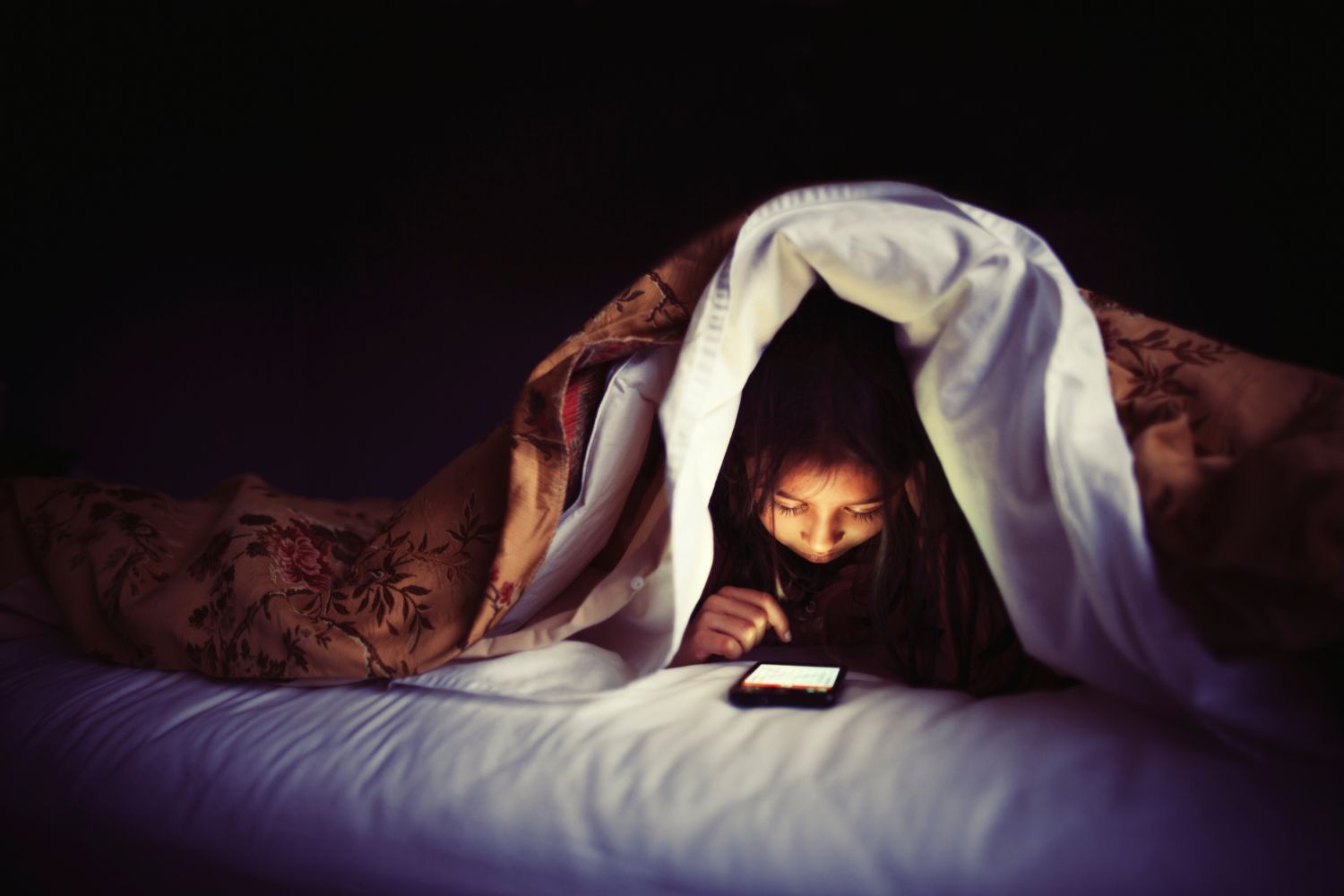It’s late, you’re really tired – sooo tired! – and you’ve got an early start tomorrow. You really should go to bed, but these are the only minutes you’ve had to yourself all day. So you keep scrolling through social media … and scrolling … and before you know it, it’s after midnight.
The next day, you’re exhausted and cranky, so you resolve to get an early night. But that night, you end up doing the exact same thing.
Welcome to revenge bedtime procrastination, a modern term describing the decision to sacrifice sleep for leisure time – usually time on social media or streaming services – leaving you seriously sleep deprived.
WATCH: Ten ways to get a better sleep. Article continues after video.
According to psychology professor Nick Haslam from the University of Melbourne, revenge bedtime procrastinators might not feel quite ready for sleep at the time they physiologically need it.
“That could be because they’re night owls who don’t feel tired or because they have stressful lives that leave them feeling too hyped up to sleep and needing time to decompress, or that lead them to try to catch up on work late into the night,” he says.
“It could be that they feel burdened by other people’s demands and want some time just to themselves. And they may have developed a bad habit of spending time on their phone or iPad when they should be closing their eyes and nodding off.”

What causes it?
Given how important sleep is for physical and mental health, why are many people willing to sacrifice it for more time on Instagram or Netflix? Research is limited, but one study did find women were more likely to be revenge bedtime procrastinators, likely because their full schedules – working, raising children, caring for elderly parents, looking after the home – leaves them very little time for entertainment or relaxation.
“Especially during the pandemic, women have been shouldering a large share of the domestic burden, including working from home, home-schooling and housework,” says Professor Haslam.
As a result, women tend to report higher levels of anxiety and stress than men on average, and probably a greater need to have some free time to themselves. This might be driving higher rates of sleep procrastination.

“Women also tend to be more avid users of social media, and as consumption of this is one common form that sleep procrastination takes, it is no surprise that women engage in it more.”
If you find you’re falling into this trap, you might need to look at your schedule and create more opportunities for entertainment or relaxation during the day, so you don’t feel so inclined to seek it out late at night, suggests Professor Haslam. Prioritising sleep is vital if you want to operate at your best.
“Sleep deprivation is almost certainly having a bad effect on your health and wellbeing, as well as making you less efficient and stress-tolerant during the day,” he points out.
“Cutting back on sleep is counterproductive and only ends up hurting you. Working smarter, not harder, means getting a good night’s sleep.”
WATCH: Six ways to sleep better on an airplane. Article continues after video.
Here are Professor Haslam’s tips for breaking up with revenge bedtime procrastination…
• Schedule some me time during the day rather than leaving it until late at night when it disrupts your rest and protect that time fiercely.
• Do an honest audit of how many hours of sleep you need to feel fully rested and work backwards from when you have to get up to determine when your bedtime needs to be. Then try to establish a
fixed bedtime routine that leads gently up to it (eg soothing activities, a warm drink, no exercise).
• Put your devices away from your bedroom, locking them away if necessary!



